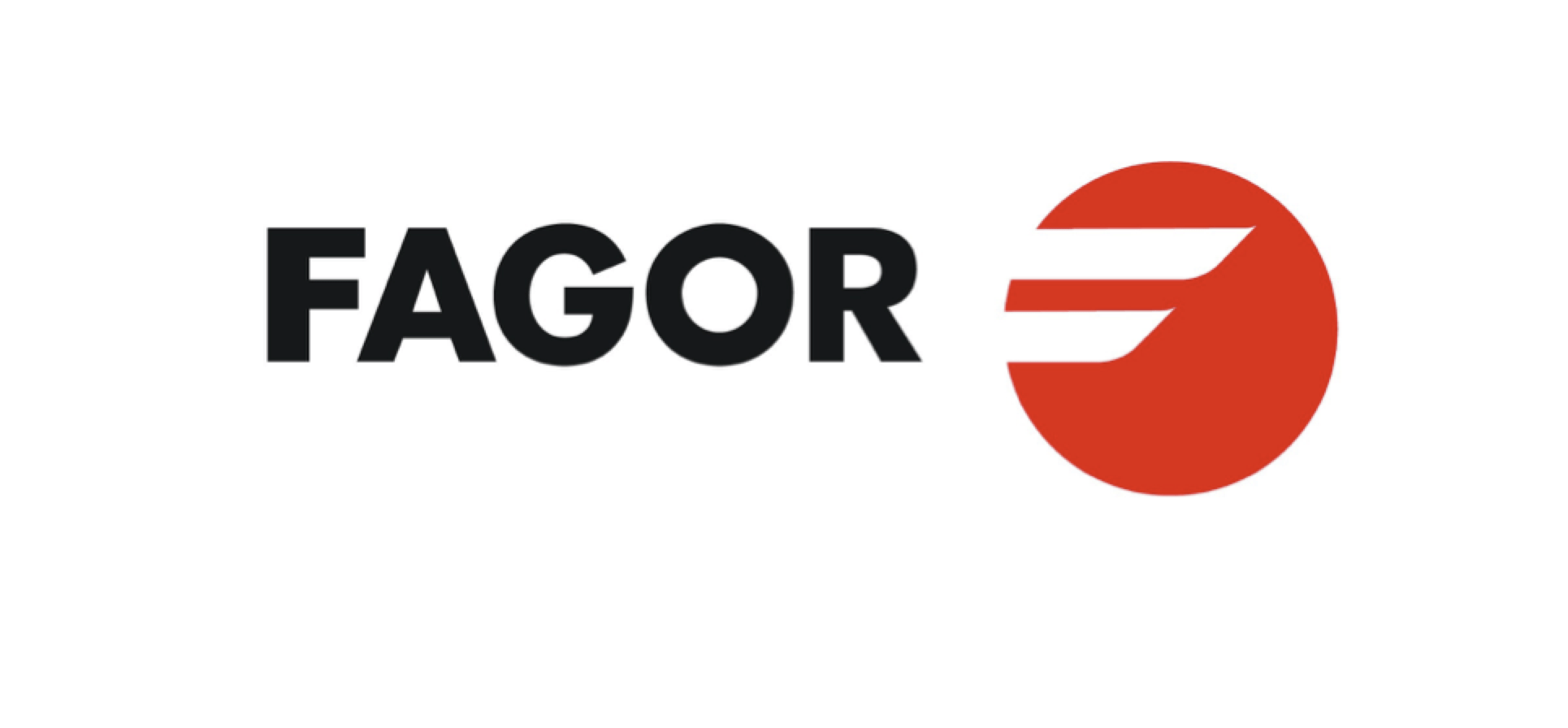The 16 de Octubre co-op based in the Argentine town of Esquel paid a ransom worth 114,000 pesos (£2,230) in bitcoin to a hacker who encrypted its files, locking out its staff.
The utility co-op provides electricity, drinking water and sewer services to more than 40,000 people in the towns of Esquel and Trevelin in the northwest of Argentina’s Chubut province.
The attack left the organisation paralysed for two days. “They didn’t remove or transfer the information but they gave it a change of name and structure that made it inaccessible for us,” said head of systems Eduardo Borletto.
Mr Borletto negotiated with the attacker, who instructed the co-op to pay a ransom to regain access to its files. “When the attack ended, a notification appeared on screen asking for a ransom, with an email address and code specifically referring to the attack,” he said.
“The attacker does not know who he is attacking. He does not know if it is a great company or an individual,” he added. “The negotiations were made through emails in English and once the ransom was paid we were sent a program to decrypt all the files so that the co-op could function normally again.”
The co-op’s legal department is looking at how best to report the crime, which will probably be in the federal jurisdiction.
Cantra S.L. to manufacture kitchenware products under Fagor brand
Spanish manufacturer Cantra S.L. has reached deal with the Fagor co-operative group to use its brand to manufacture and distribute kitchenware products as of May.

Fagor Sociaedad Cooperativa is part of the Mondragón Group, which is holding talks with other companies interested in using the Fagor brand. Polish company Amica reached a pre-agreement for the signing of a possible license that would allow it to use the trademark for large household appliances.
Related: Mondragon changes rules around the distribution of dividends
Fagor Electrodomésticos, the electrical appliance business of the Fagor Group, declared bankruptcy in November 2013 and was bought by Catalan enterprise Cata, owned by CNA Group, and is now known as Edesa Industrial.
In December 2018 the larger Fagor Group reached an agreement with Edesa Industrial under which the co-operative recovered the Fagor brand in the appliance sector.
Canadian indigenous communities plan to set up food co-op
Indigenous communities in the north west of Canada’s Ontario province are planning a food co-op to improve local access to high quality, affordable food.
The idea was discussed at a three-day conference in Thunder Bay. The event, hosted by the city’s district health unit, gathered representatives from 14 indigenous communities to explore food security and self-determination, with the goal of creating a unique food plan for each community.
Two of those communities, Ginoogaming First Nation and Aroland First Nation, are looking at setting up a food co-op. Jessica McLaughlin, project coordinator at the Indigenous Food Circle in Thunder Bay, told CBC: “There are not a lot of grocery stores, and when you do have grocery stores, the prices are really high and the quality of the food isn’t necessarily the greatest.”
A co-op would allow communities to buy in bulk from food terminals in Toronto or Saskatoon to achieve economies of scale, she added. “We could bring food into the region in bulk and then distribute that to the communities, so it would almost be like a community food bank but people would purchase the food.”
Ms McLaughlin added that a co-op would also benefit nearby non-indigenous communities, such as the town of Nakina, which is just 15 miles away from Aroland and is considered its “sister community”.
Co-operative law helps create over 5,000 agri-co-ops in Vietnam
Last yer, 1,935 new agriculture co-operatives were set up in Vietnam – up 14.6% on 2017 – bringing the number of co-ops created in six years under the country’s Law on Co-operatives to 5,816.
Vietnam’s Ministry of Agriculture and Rural Development (MARD) said that by the end of 2018, the country had 39 federations of agricultural co-ops, along with 13,400 co-ops; 55% of these operate profitably. The ratio of co-operatives involved in selling products for members rose to 20%, from 10%.
2018 saw growth for the agriculture sector as a whole, with increases in the number of farms, small and medium-sized businesses, and factories and processing plants, MARD reported. The sector continues to thrive thanks to policies which support investment in agriculture and rural infrastructure.
More international news from the co-op and credit union sectors here

